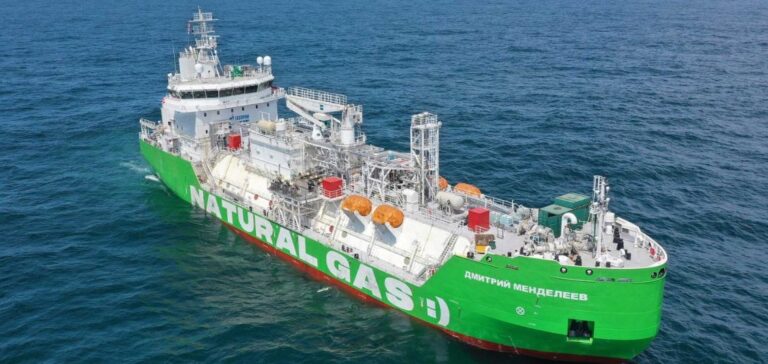According to the Finnish-based Centre for Research on Energy and Clean Air (CREA), a cap of 17 euros per MWh would reduce Russian revenues by 60% in 2023. This represents a substantial drop of 10 billion euros on Russia’s usual revenues from LNG exports.
Impact of the European cap alone
CREA also simulated a scenario in which only the European Union imposed a price ceiling. In this case, Russian revenues would have been reduced by 29%, representing a drop of 5 billion euros. This study is based on a variety of data, including Kpler, Eurostat and UN Comtrade.
Production costs in Russia
According to Russian government sources quoted by CREA, the cost of LNG production in Russia varies between 12 and 22 euros per megawatt-hour, depending on the production site. This cost has a direct impact on the economic viability of exports under a price ceiling.
Diversification of EU supplies
Since Russia’s invasion of Ukraine and the reduction in pipeline supplies, Europe has increased its LNG imports, notably from the USA, while continuing to receive Russian LNG. In 2023, 13% of the EU’s LNG imports will come from Russia, representing 5% of its total gas consumption.
Debates within the EU over Russian LNG supplies have led Energy Commissioner Kadri Simson to call for these imports to be reduced or even eliminated. CREA notes that although the EU is not very dependent on Russian LNG, Russia is highly dependent on the EU for its LNG exports, with half of all its LNG exports going to the EU in 2023.






















